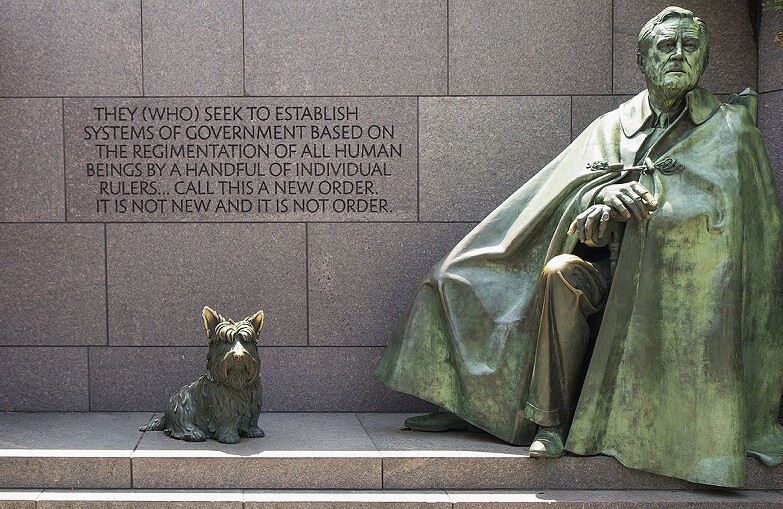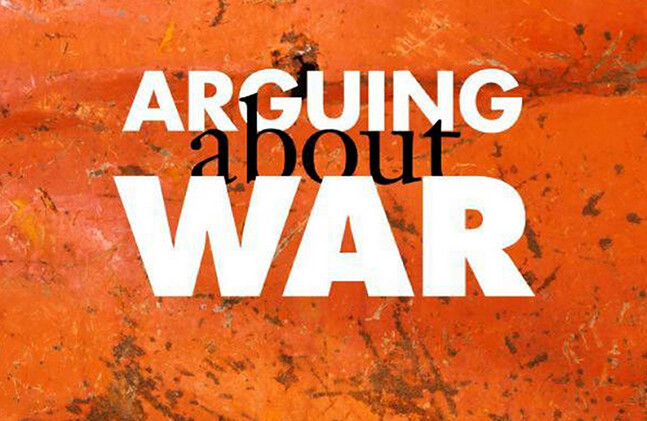Framing ethical perspectives
Applied ethics refers to the practical applications of the moral principles that govern behavior. Carnegie Council focuses on this field, mostly through the realm of international affairs, by identifying and addressing the most critical ethical issues of today and tomorrow. Our initiatives, content, and experts analyze the way that governments, institutions, and individuals interact and make choices on global issues, such as climate change, emerging technology, and governance.
Featured Applied Ethics Resources
Practical conversations, decision analysis, and more
MAY 10, 2022 • Podcast
Making Decisions When Values Conflict or Are Prioritized Differently, with Paul Root Wolpe
JUL 5, 2023 • Article
A Framework for the International Governance of AI
Carnegie Council, in collaboration with IEEE, proposes a five-part AI governance framework to enable the constructive use of AI.
APR 12, 2022 • Podcast
Surveillance Tech's Infinite Loop of Harms, with Chris Gilliard
In this discussion with Senior Fellow Arthur Holland Michel, Chris Gilliard explains why the arc of surveillance technology and novel AI bends toward failures that ...
Related Initiatives
Carnegie Ethics Accelerator
The Carnegie Ethics Accelerator is a new kind of incubator designed to empower ethics in the face of swiftly evolving challenges in technology and public policies.
Ethics & International Affairs Journal
Ethics & International Affairs is the quarterly journal of Carnegie Council. It aims to close the gap between the theory and practice of ethics.
Carnegie Ethics Fellows
The Carnegie Ethics Fellows program (CEF) seeks to cultivate the next generation of ethical global leaders across business, policy, technology, NGOs, and academia.
Explore Our Applied Ethics Resources

MAR 8, 2005 • Podcast
America and the World: Ethical Dimensions to Power
Taking Roosevelt's "Four Freedoms"—freedom from fear, freedom from want, freedom of worship, and freedom of expression—as a departure point, Joel Rosenthal and Michael ...

FEB 3, 2005 • Transcript
Conflict and Order in the New Age of Preventive War
Nichols believes that the norm against preventive military action is rapidly being eroded and that we are headed into an era where preventive war will ...
FEB 3, 2005 • Podcast
Conflict and Order in the New Age of Preventive War
Nichols believes that the norm against preventive military action is rapidly being eroded and that we are headed into an era where preventive war will ...
NOV 18, 2004 • Transcript
Bioethical Debates on Human Enhancement
Edited transcript of a 11/18/04 Leonard Lopate show on WNYC radio on the ethical challenges posed by the rapid advances in biotechnology.
NOV 18, 2004 • Podcast
Bioethical Debates on Human Enhancement
Edited transcript of a 11/18/04 Leonard Lopate show on WNYC radio on the ethical challenges posed by the rapid advances in biotechnology.

OCT 13, 2004 • Transcript
Arguing About War (2004)
Walzer rejects the argument that the invasion of Iraq was justified: "It is only massacre or ethnic cleansing or mass enslavement in progress that justifies ...

OCT 13, 2004 • Podcast
Arguing About War (2004)
Walzer rejects the argument that the invasion of Iraq was justified: "It is only massacre or ethnic cleansing or mass enslavement in progress that justifies ...

OCT 13, 2004 • Podcast
Arguing About War (2004)
Walzer rejects the argument that the invasion of Iraq was justified: "It is only massacre or ethnic cleansing or mass enslavement in progress that justifies ...

OCT 13, 2004 • Podcast
Arguing About War (2004)
Walzer rejects the argument that the invasion of Iraq was justified: "It is only massacre or ethnic cleansing or mass enslavement in progress that justifies ...
AUG 31, 2004 • Article
Feature Articles from Inprint Newsletter (2001–2004): Ask the Candidates--and Ourselves
Election seasons are a time of easy claims of moral clarity and virtue. Yet elections can also heighten our awareness of important issues, encouraging sharp ...




